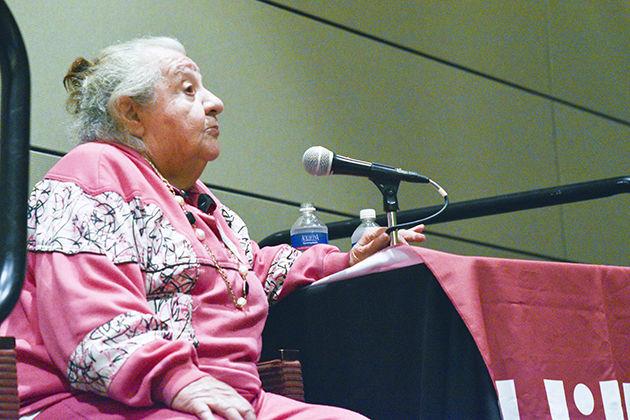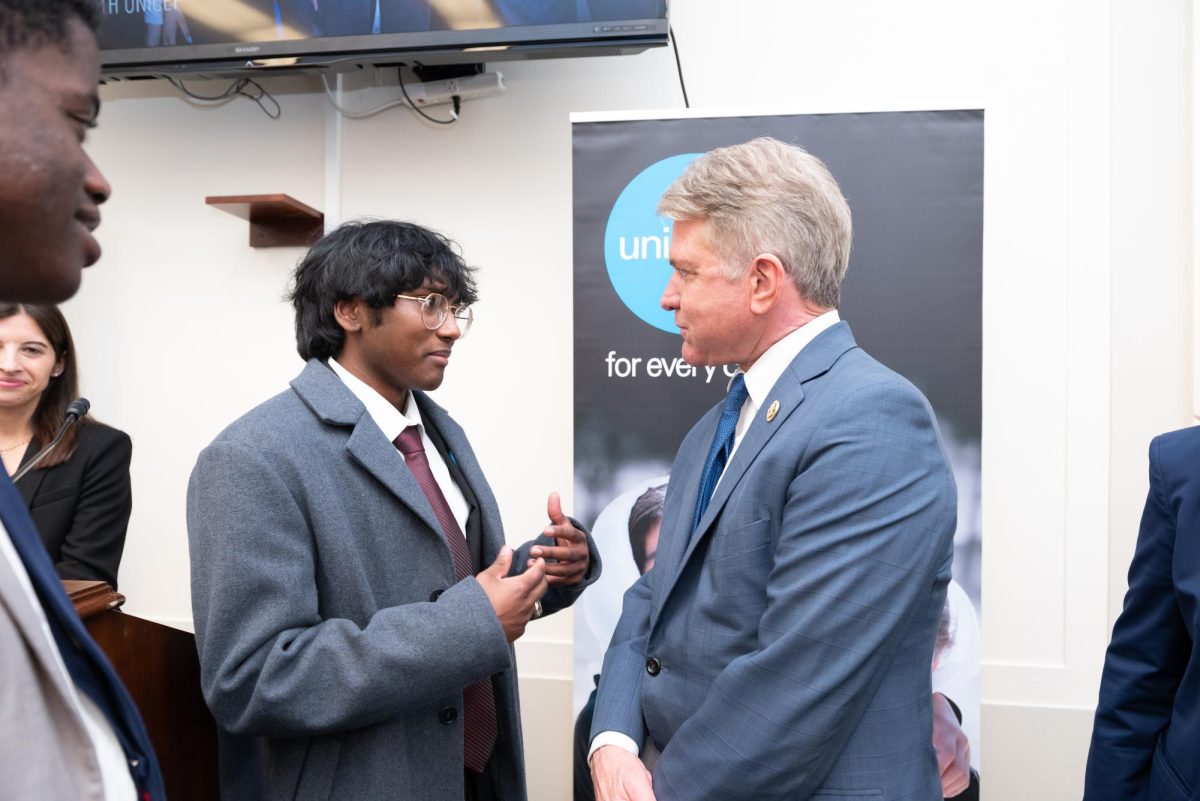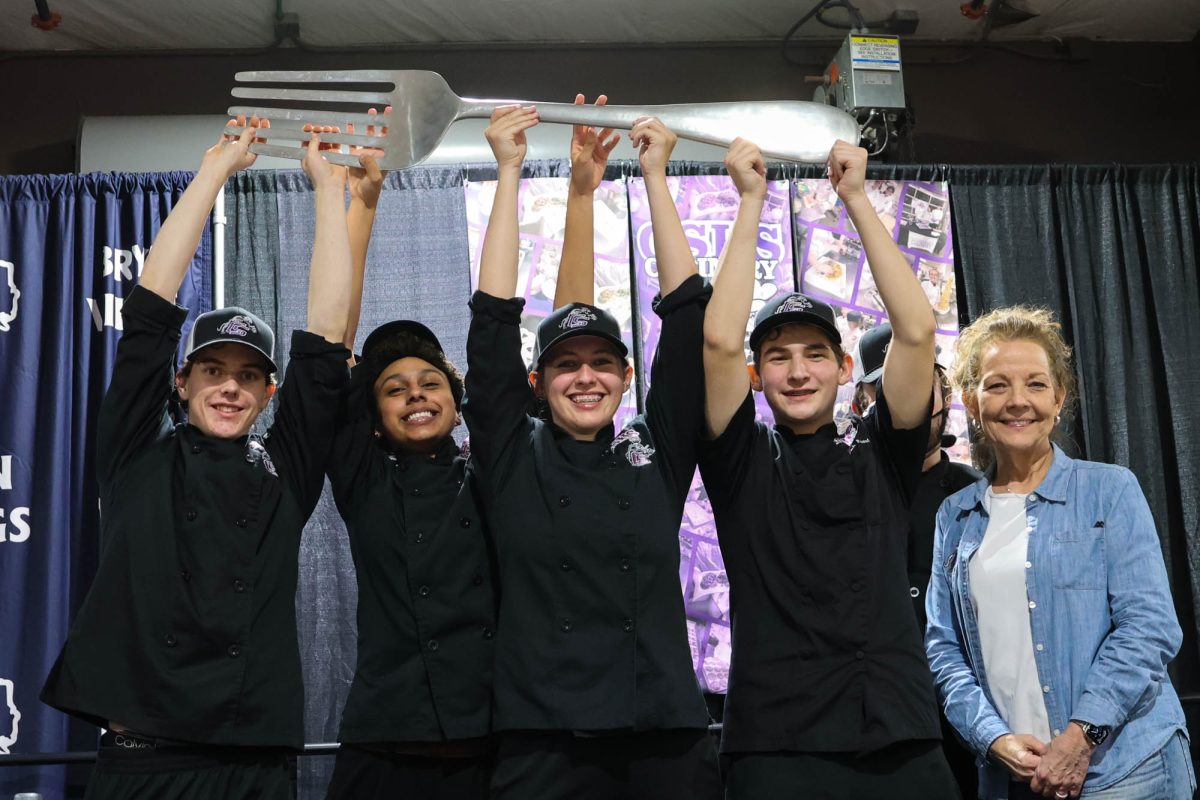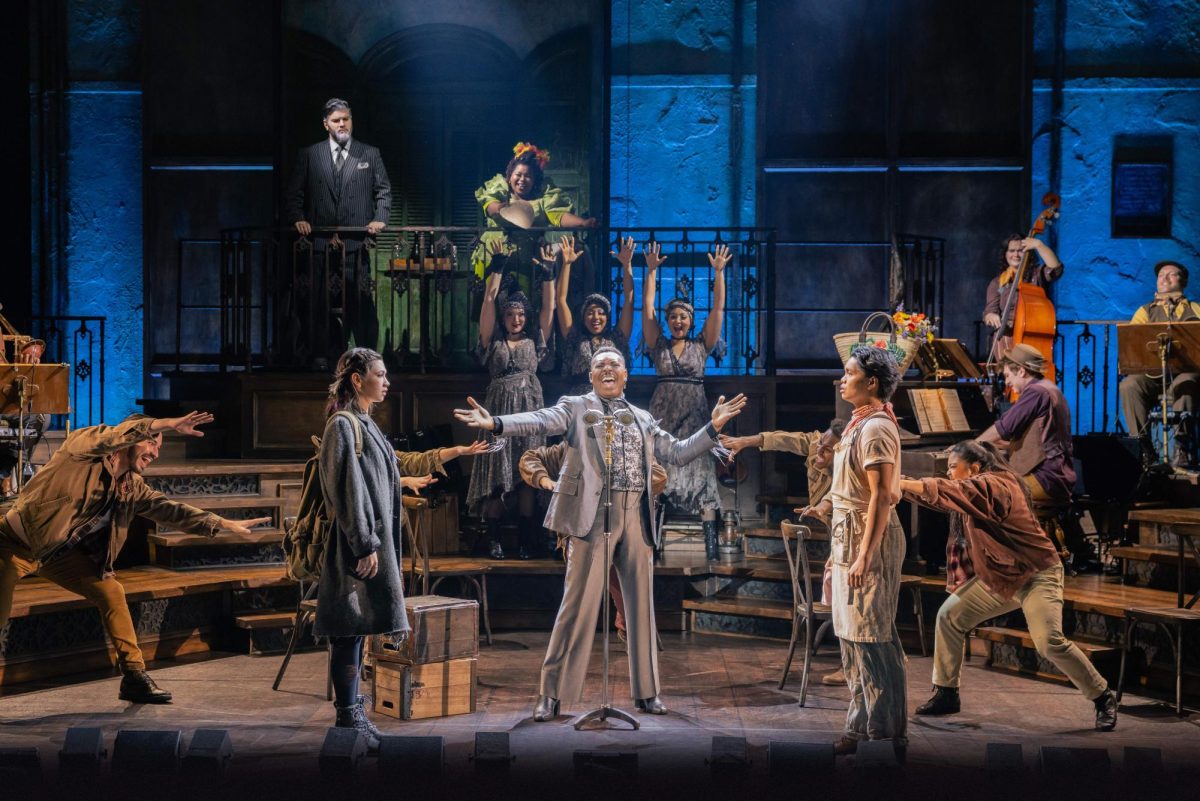Holocaust survivor Rosa Blum came to campus Monday night to tell her tale of the horrors of concentration camps, her personal journey to liberation and her experience of being a Jew in Nazi Germany.
Texas A&M Hillel, a Jewish organization on campus organized Blum’s visit and introduced the 88-year-old woman to a full room of students. Blum was born in Domokos, Romania to successful merchants her small Jewish community and soon after becoming a teenager, Blum was forced to live in ghettos for four weeks before being transported by cattle trains to Auschwitz-Birkenau.
“They didn’t give us much time. It was 5 o’clock in the morning and they gave us something like two hours to get everything together,” said Blum, speaking about the police who came and forced her family to leave the ghettos.
Blum said after traveling without food or water for two days and two nights to an unknown location, her and her family were held in captivity for six more weeks before the trains came to take them away.
“They loaded us up on the trains. They didn’t have to make sardines out of us — we did it ourselves. Because family didn’t want to be pulled apart they just pushed and pulled for them to be together,” Blum said. “In my train where I was, it was 135 people and finally when we couldn’t fit any more in, they gave us some big black chains and closed the train.”
Blum said a total of three people died on the train, and a woman gave birth to twins. After arriving in the camp, Blum said she soon found out why she was taken there.
“When I got off the train, there was a little wagon that pulled up at the front and stopped us from getting off the train. It was like a little ambulance and one side there was a red cross and another side, another cross. But at the back when you opened up the door, it was full of corpse,” said Blum. “Something happened to me, I completely backed out and said to myself, ‘evil, evil, evil.”
Blum was separated from her family and never saw them again, except for one sibling out of seven, later in the camp, yet he died shortly after their reunion.
“Out of 7,000 people, they pulled 200 women and 200 men to work, the rest of them all went to the crematorium. I’m trying to give kind of how little there was a chance to survive,” Blum said.
Blum found herself in the working group and survived off of eating grass she found growing in a restricted section of the camp. She worked in the kitchen and was forced to give prisoners one bowl of food for every five people, but later was forced to put in an “unknown powder” that served to control their hunger and eventually poison those who ate it.
Blum was sent to Dachau and then later forced to perform a death march before being liberated outside of Munich in 1945 by the United State’s Fourth Army.
Kayli Jarosz, marketing senior, said Blum’s story was important for students to hear.
“I came to hear Rosa speak because I think it’s important to hear about history from people who lived through it when possible. I was most impacted by her final memory of her grandmother, who had desire to care for her in their last moment together,” Jarosz said.










